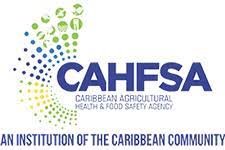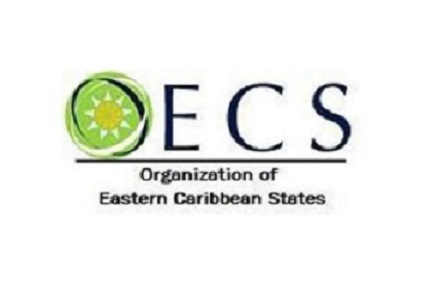Around the region, food security has become the prime concern for all Caribbean countries due to the impacts of climate change. Food security depends on the agriculture sector, in addition, intra-regional trade is promoted through agricultural development. To adapt to the impact of climate change, initiatives like Climate-Smart Agriculture are being used to manage agriculture in an effective way.
There has been an increase worldwide, in extreme droughts and floods, temperature, and rainfall patterns due to climate change. Fishermen have been displaced due to increase sea levels, loss of fishing grounds, and hurricane activities. To reduce the impact, one initiative being promoted is a combination of hydroponics with aquaculture. Aquaponics protects both the quality and quantity of water resources, ensuring food security and safety for crops grown in any environment.
Plant pests and diseases have become problematic in the Caribbean. Farmers have adopted climate-smart practices to reduce their vulnerability. One of these initiatives is mulching systems which help to reduce the evaporation of moisture from the soil surface, making more water available for the crop. Presently, these climate-smart practices help to reduce the emission of greenhouses gases while increasing the storage of carbon in the soil.
Source:
IICA – Caribbean countries analyze the benefits of climate-smart agriculture
Research Paper – Globalization, climate change and rural resilience: The Caribbean’s double exposure













